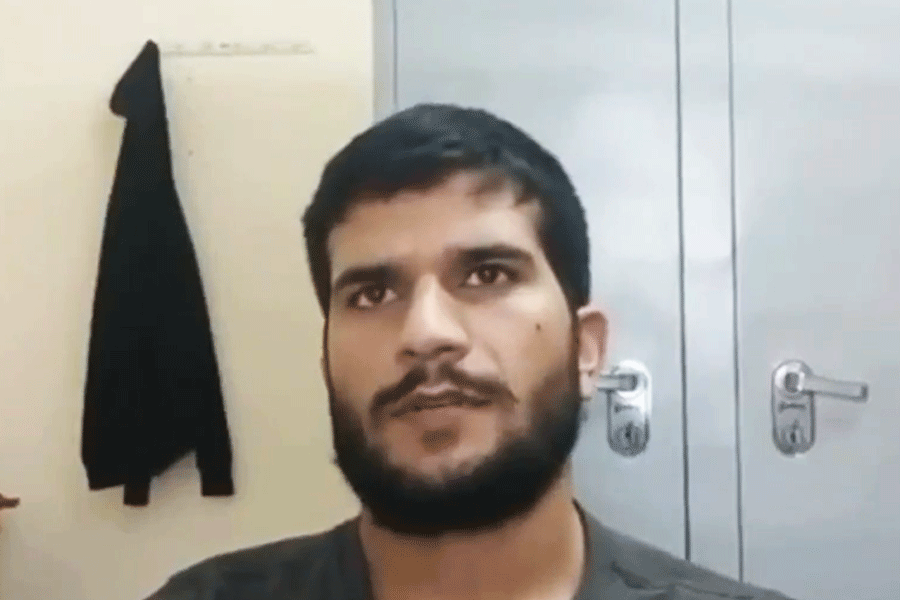A video has emerged in which Umar-un-Nabi, believed to be the suicide bomber who blew up a car near Delhi’s Red Fort killing 13 people and injuring many others, is purportedly seen discussing what he calls “martyrdom operations”.
In the clip that emerged on Tuesday, he is purportedly seen speaking at length about suicide attacks, repeatedly insisting that what is commonly labelled a suicide bombing should instead be understood as a “martyrdom operation” in Islam.
Investigation sources told multiple publications that the recording was made two months before the blast.
In the video, Umar is purportedly seen saying: “One of the very misunderstood concepts is the concept of what has been labelled as suicide bombing. It is a martyrdom operation, and it is known as that in Islam. There are multiple contraindications, there are multiple arguments that have been brought against it.”
He goes on to describe such attacks as deliberate acts in which a person accepts death at a fixed time and place, contrasting this with the natural uncertainty of mortality.
The video shows him attempting to justify suicide attacks as misunderstood, arguing that the public fails to grasp the “real concept” behind them.
He is purportedly seen saying: “The biggest mistake people make is failing to understand what the Liberia bombing, or the idea of suicide bombing, truly is. It is not democratic, nor can it be accepted in any civilised society. There are many contradictions and countless arguments against it.”
He then claims that the mindset behind such attacks stems from the belief that death becomes inevitable once a mission is accepted.
“The core problem with suicide attacks is that when someone becomes convinced they will die at a specific time and place, they slip into a dangerous state of mind. They begin to believe that death is their only destination,” he says.
He further adds: “But the truth is that such thinking, or such circumstances, cannot be accepted in any democratic or humane system, because they violate the basic principles of life, society, and law.”
Investigators say multiple recordings recovered from Umar-un-Nabi’s devices appear to be practice videos in which he tries to construct arguments in favour of a suicide attack.
Some investigation sources believe that other members of Nabi’s module opposed a fidayeen-style strike, with at least one operative, Danish, backing out.
According to officials, Umar’s movements before and after the explosion matched those of the bomber seen on CCTV, and surveillance placed him in the vicinity minutes before the attack. Evidence recovered from the scene led agencies to identify him as a key operative.
Who is Umar?
Investigators believe Umar was the most radicalised member of a “white collar” Faridabad module linked to the Pakistan-based terrorist outfit Jaish-e-Mohammad. Members allegedly included five to six doctors associated with Al-Falah University, who used their professional access to procure chemicals for explosives.
Umar, from Koil village in Pulwama, had withdrawn from university duties since late October and travelled frequently between Faridabad and Delhi. Police say he went underground after raids led to the recovery of 2,900 kg of ammonium nitrate and the arrest of several accomplices.
He is also suspected to have travelled to Turkey with another accused doctor.











